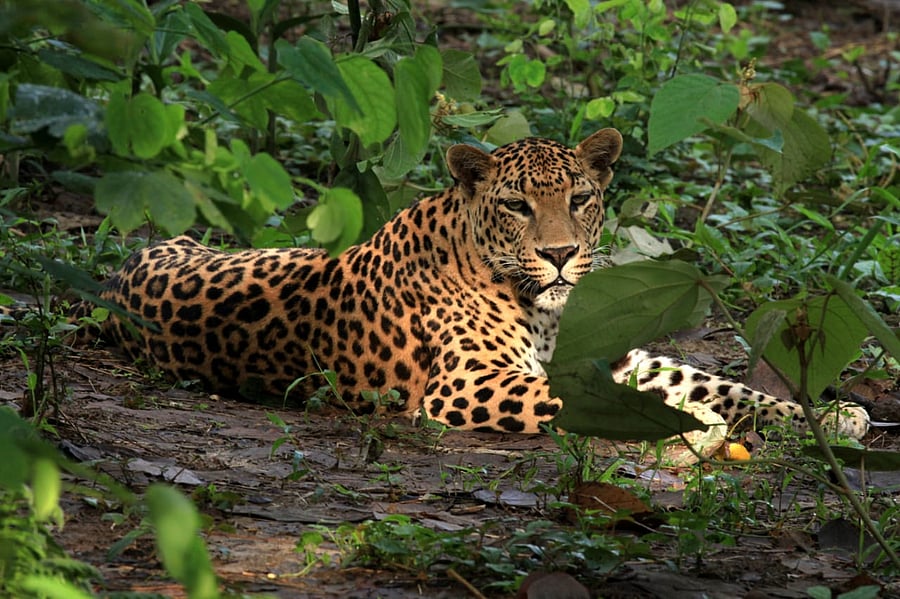
They lost their mothers early and with that a chance to learn the life skills required to live in the wild.
Four leopard cubs, which were "rescued" and handed over to a wildlife rehabilitation centre inside Assam's Kaziranga National Park (KNP) over five years ago has become adult now but are unable to live in the wild due to lack of hunting skills.
"The big cats normally learn the hunting skills from their mother in the first two years of their life. But these leopards got seperated from their mothers within weeks of their birth. So they could not learn the hunting skills, which is a must for survival in the jungle," Samshul Ali, wildlife veterinarian of Wildlife Trust of India (WTI) told DH on Monday.
Ali is associated with the Centre for Wildlife Rehabilitation and Conservation (CWRC) at KNP, where the four leopards are being taken care of since 2014-15. The Centre was founded by Assam forest department and WTI in 2002 with the help of International Fund for Animal Welfare.
The leopard cubs, of which one is male, were "rescued" by people living close to tea gardens in and around Mariani in eastern Assam's Jorhat district and were handed over to the centre.
"It's not possible to teach them the hunting skills in captivity. Since they don't possess the hunting behaviour, we can't release them into the wild too. If we do so, they will come back to humans and that may lead to a conflict," Ali said. "Although its difficult to tell the exact reasons for separation from their mothers, leopards leave their cubs in the fields or bushes and goes out for hunting. But people often bring such cubs to us for care and rehabilitation," he said.
The centre takes care of rescued animals in distress including those caught in floods or human-animal conflicts. Many such animals are released back into the jungle.
Ali said they were trying to prevent captive breeding of the four leopards by keeping the male and females seperately as their babies are also unlikely to learn the hunting skills. The centre is now in touch with several zoos in order ensure that they are taken care of in captivity for entire life.
